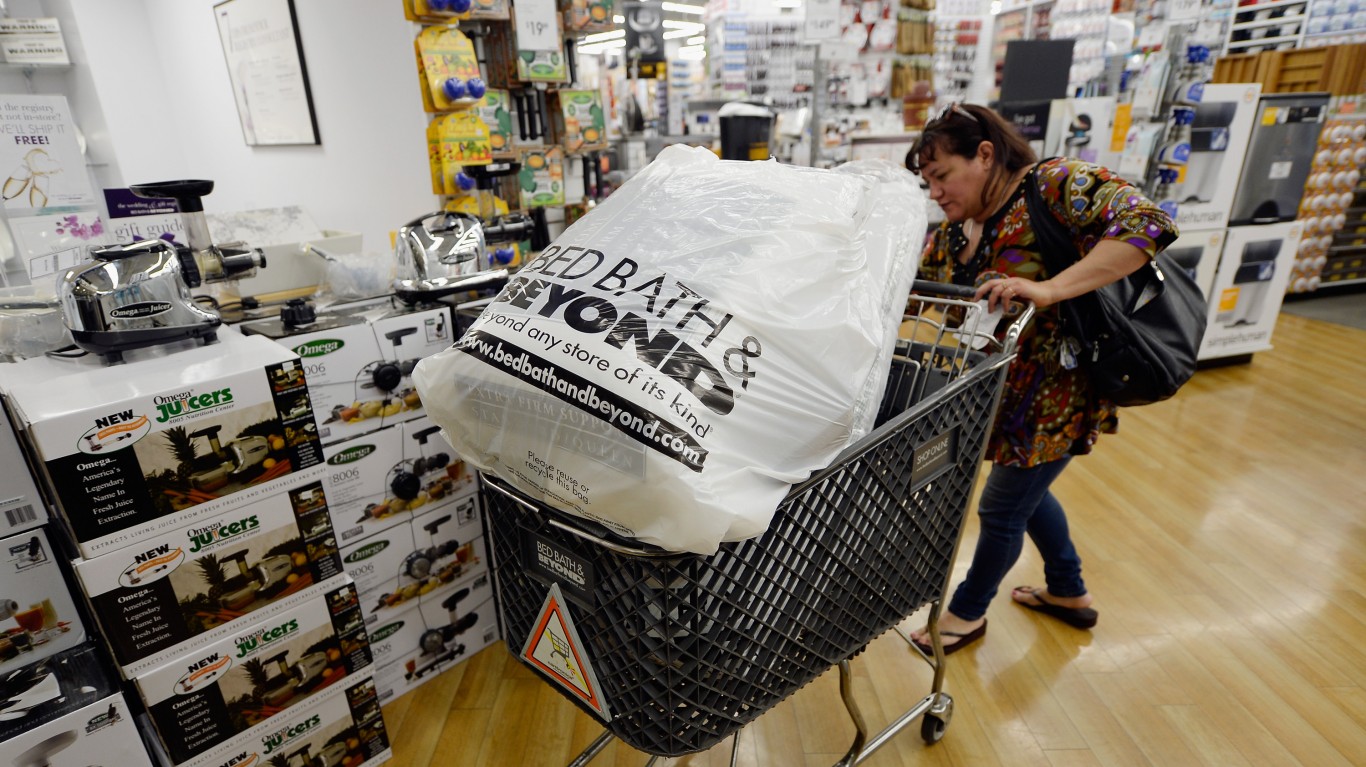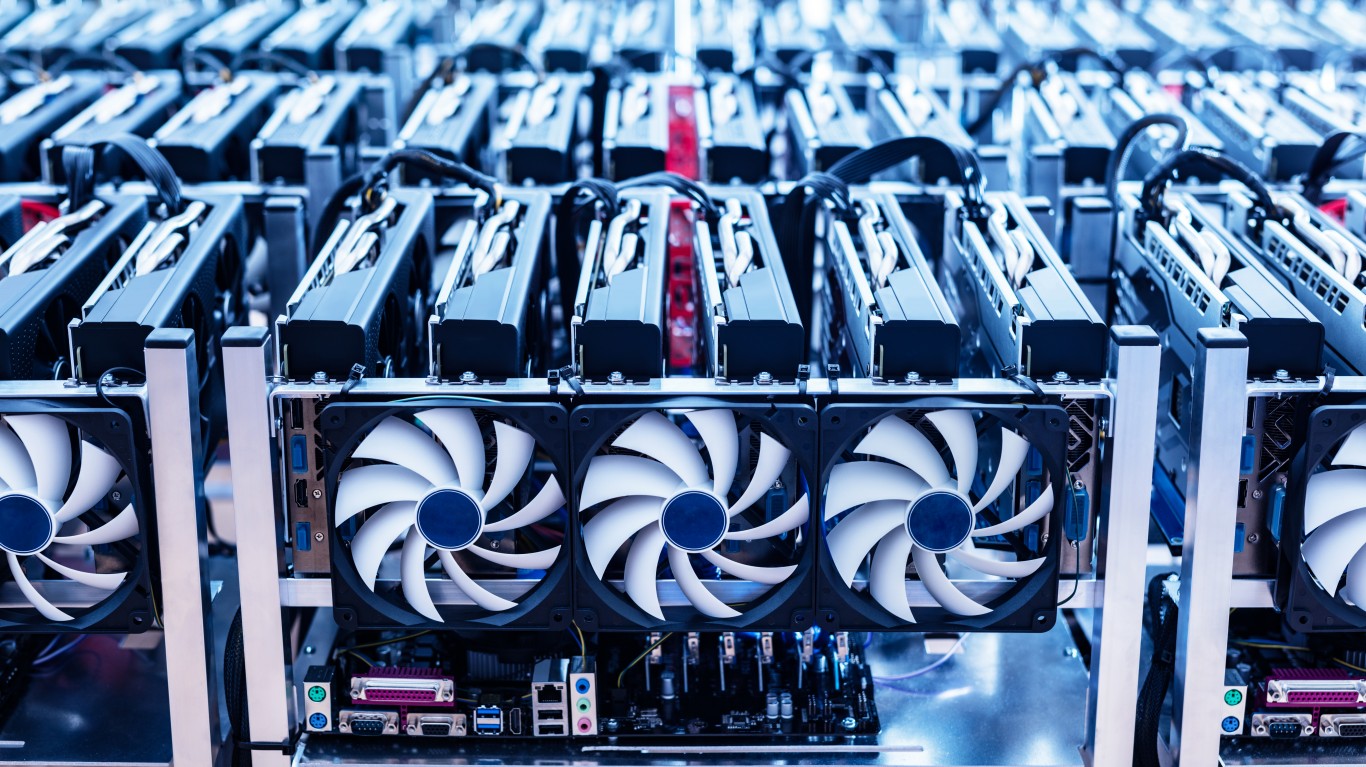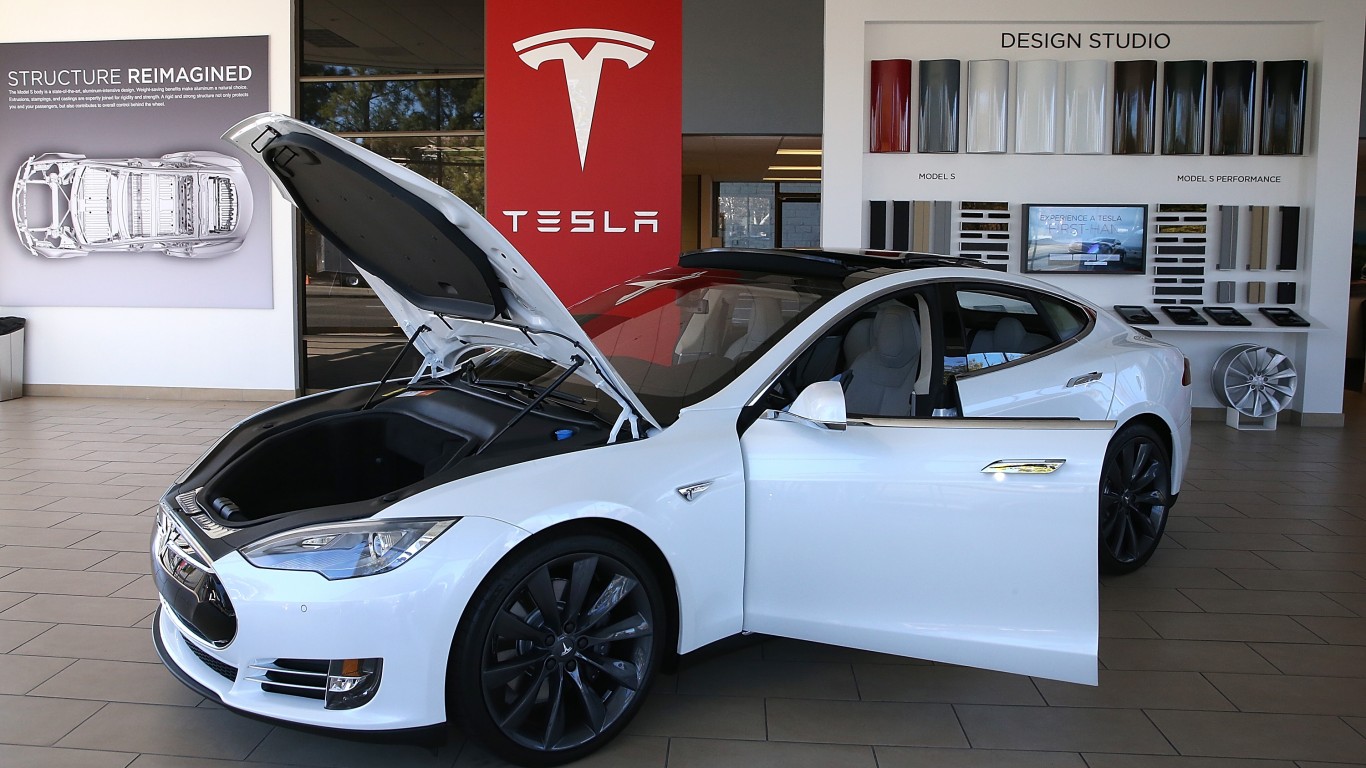Lucid Group Inc
NASDAQ: LCID
$2.50
Closing Price on June 25, 2024
LCID Articles
A natural gas pipeline operator, an EV maker, an oil driller, and an online brokerage are among companies reporting quarterly results after markets close Wednesday afternoon.
Published:
Here is a look at what to expect when these four companies report quarterly results Thursday or Friday.
Published:
In a wide-ranging review of the auto industry, analysts at Bank of America Securities have made some changes to their price objectives for a both legacy and EV carmakers.
Published:
Five firms that either make electric vehicles or supply components or service for EVs are set to report quarterly results before markets open on Monday.
Published:
Here is a look at seven stocks that traded up and seven that traded lower in Wednesday's premarket session.
Published:
Meme stocks as a group closed higher on Tuesday, and Wednesday's premarket was indicating more gains for some.
Published:
Wednesday's top analyst upgrades and downgrades included Danaher, Emerson Electric, Fifth Third Bancorp, JD.com, Krispy Kreme, Lucid, Nucor, Regions Financial, Shopify, Snowflake, 3M and Wendy's.
Published:
Last Updated:
Meme stocks were trading higher Tuesday, as all three major U.S. market indexes kept a grip on mid-morning gains.
Published:
Stocks were indicated down before the opening bell Monday. A couple of meme stocks were bucking the trend, and one acquisition target was soaring.
Published:
The strong report from Tesla on fourth-quarter deliveries lifted share prices for other electric vehicle makers, both domestic and foreign.
Published:
Thursday’s top analyst upgrades and downgrades included Amazon.com, APA, Coupang, FuelCell Energy, GlobalFoundries, Lucid, Meta Platforms (Facebook) and Virgin Galactic.
Published:
Monday afternoon's top analyst upgrades and downgrades included Activision Blizzard, Lucid, Nokia, Pfizer, SoFi Technologies, Sunrun and Welltower.
Published:
An electric motorcycle spin-off and a Time magazine Person of the Year get the week off to a busy start.
Published:
CEO stock sales have had a negative effect on share prices for a couple of well-known meme stocks.
Published:
Tesla is in a bit of hot water with U.S. regulators, and nobody seems to want to own stock in Southeast Asia's superapp, except the big guys that already control nearly 50% of the shares.
Published:












